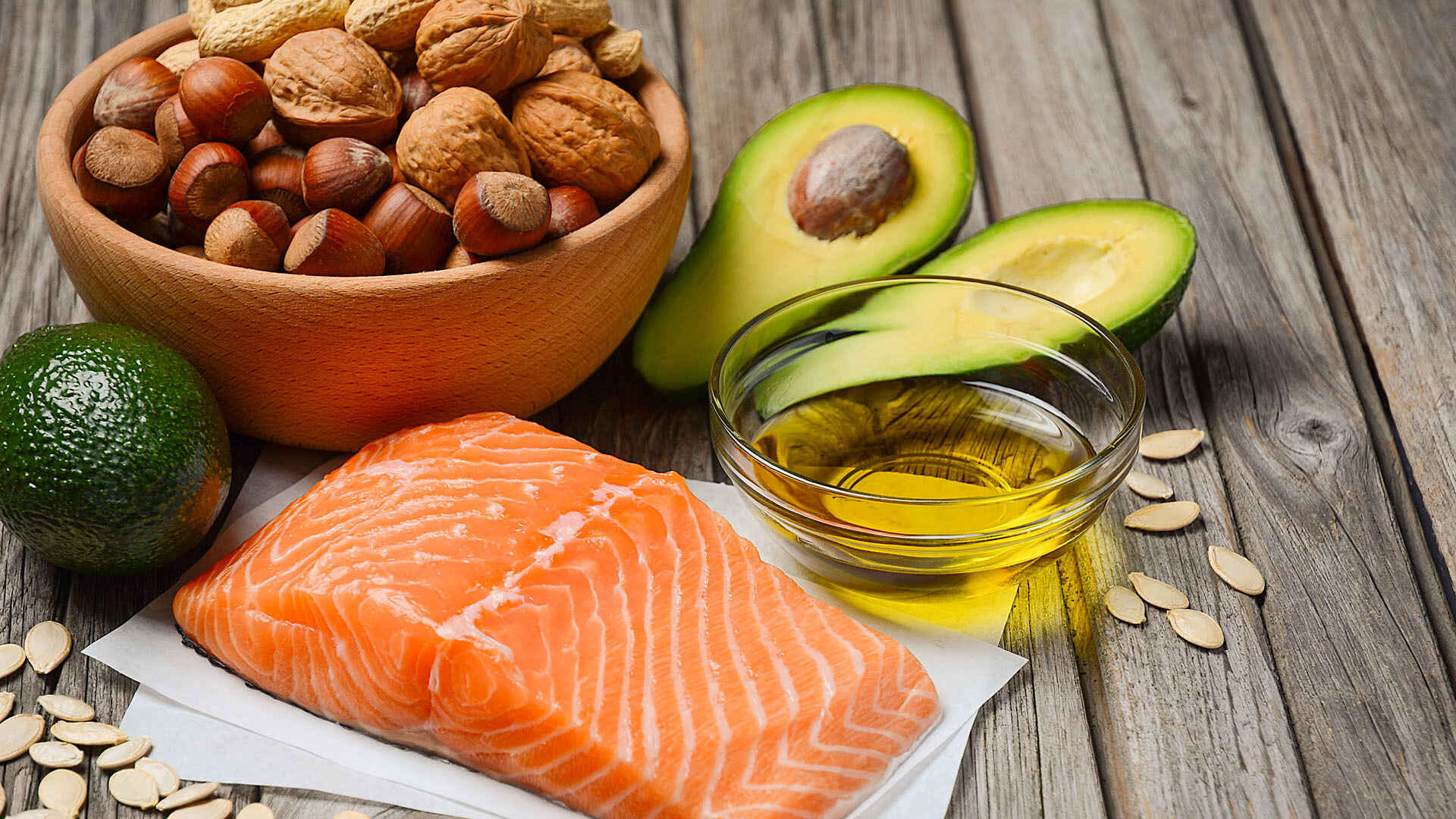
Polyunsaturated fats often get a bad rap, but they play a crucial role in keeping our bodies healthy. These fats, found in foods like fish, nuts, and seeds, are essential for brain function and cell growth. Unlike saturated fats, which can clog arteries, polyunsaturated fats can actually help reduce bad cholesterol levels. They are packed with omega-3 and omega-6 fatty acids, which our bodies can't produce on their own. Including these fats in your diet can improve heart health, support mental well-being, and even boost your immune system. Ready to learn more? Here are 25 facts about polyunsaturated fats that might surprise you!
Key Takeaways:
- Polyunsaturated fats, found in plant-based oils and fatty fish, are essential for heart health, brain function, and skin health. They can be incorporated into your diet through simple swaps and additions.
- While polyunsaturated fats offer many benefits, it's important to consume them in moderation and maintain a balanced ratio of omega-3 to omega-6 fatty acids for optimal health. Be mindful of potential risks and sources of these fats.
What Are Polyunsaturated Fats?
Polyunsaturated fats are a type of dietary fat. Unlike saturated fats, they have multiple double bonds in their chemical structure. These fats are essential for various bodily functions.
- Polyunsaturated fats are found in plant-based oils like sunflower, corn, and soybean oil.
- They are also present in fatty fish such as salmon, mackerel, and trout.
- These fats are liquid at room temperature but start to turn solid when chilled.
- Polyunsaturated fats include omega-3 and omega-6 fatty acids, both crucial for health.
- The body cannot produce omega-3 and omega-6 fatty acids, so they must be obtained through diet.
Health Benefits of Polyunsaturated Fats
Including polyunsaturated fats in your diet can offer numerous health benefits. They play a significant role in maintaining overall well-being.
- Polyunsaturated fats help reduce bad cholesterol levels, lowering the risk of heart disease.
- They support brain function and development, especially in infants and children.
- These fats can improve insulin sensitivity, which is beneficial for people with diabetes.
- Omega-3 fatty acids, a type of polyunsaturated fat, have anti-inflammatory properties.
- Consuming polyunsaturated fats can enhance skin health, making it more supple and hydrated.
Sources of Polyunsaturated Fats
Knowing where to find polyunsaturated fats can help you incorporate them into your diet more easily. Here are some common sources.
- Walnuts are a rich source of omega-3 fatty acids.
- Flaxseeds and chia seeds also contain high levels of polyunsaturated fats.
- Soy products like tofu and soy milk are excellent sources.
- Leafy green vegetables, such as spinach and kale, provide small amounts of these fats.
- Canola oil is another good source, often used in cooking and baking.
How to Incorporate Polyunsaturated Fats into Your Diet
Adding polyunsaturated fats to your meals doesn't have to be complicated. Here are some simple ways to do it.
- Use plant-based oils like sunflower or soybean oil for cooking.
- Add a handful of walnuts or flaxseeds to your morning cereal or yogurt.
- Include fatty fish like salmon in your meals at least twice a week.
- Replace butter with canola oil when baking.
- Snack on edamame or roasted chickpeas for a healthy, fat-rich option.
Potential Risks of Polyunsaturated Fats
While polyunsaturated fats are generally beneficial, it's important to consume them in moderation. Overconsumption can lead to some issues.
- Excessive intake of omega-6 fatty acids can cause inflammation.
- High amounts of polyunsaturated fats can contribute to weight gain if not balanced with other nutrients.
- Some sources of these fats, like certain fish, may contain contaminants like mercury.
- Overheating polyunsaturated fats during cooking can produce harmful compounds.
- It's essential to maintain a balanced ratio of omega-3 to omega-6 fatty acids for optimal health.
The Final Takeaway
Polyunsaturated fats play a crucial role in maintaining good health. These fats, found in foods like fish, nuts, and seeds, help reduce bad cholesterol levels, lower the risk of heart disease, and support brain function. Omega-3 and Omega-6 fatty acids, types of polyunsaturated fats, are essential for the body but must be obtained through diet. Including these fats in your meals can improve overall well-being.
However, balance is key. Too much of any fat, even healthy ones, can lead to weight gain and other health issues. Aim for a diet rich in a variety of nutrients, including polyunsaturated fats, to keep your body functioning at its best. By understanding the benefits and sources of these fats, you can make informed choices that contribute to a healthier lifestyle.
Frequently Asked Questions
Was this page helpful?
Our commitment to delivering trustworthy and engaging content is at the heart of what we do. Each fact on our site is contributed by real users like you, bringing a wealth of diverse insights and information. To ensure the highest standards of accuracy and reliability, our dedicated editors meticulously review each submission. This process guarantees that the facts we share are not only fascinating but also credible. Trust in our commitment to quality and authenticity as you explore and learn with us.
